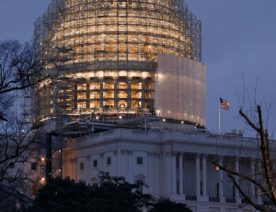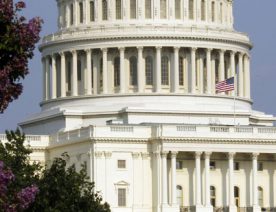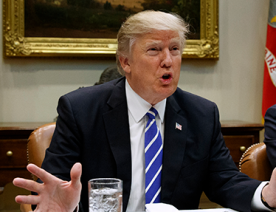
A society as large and complex as the United States faces many problems, and the country’s official institutions must prioritize some problems over others. Public opinion pollsters have long tried to inform policymakers and the media about which problems the public sees as most important, and political analysts have also tried to capture this information in order to understand the impact of important issues on political behavior. Capturing the public’s priorities for public policy can be among the most important and informative data that pollsters are able to collect, and news organizations can use this information to help report on whether the actions of official institutions are in step with the wishes of the citizens they serve.
However, most polling that tries to measure issue importance tends to ask members of the public to choose just one “most important problem” among many. This is often an unnecessarily difficult task, as government is generally able and even required to tackle many problems at once, all with a high level of effort. Citizens expect government to protect public safety at the same time as it seeks to improve economic conditions, and most citizens probably expect government to pursue both goals with equal enthusiasm. So asking people to pick just one problem as “most important” asks a difficult question that even policymakers are never required to answer.
As a result of this oversimplification, poll results on the “most important problem” tend to mimic the issues that are most often at the top of the newscasts while other issues that are less often in the public spotlight are lost, even though many citizens may believe them to be of similar urgency. A more expansive approach to measuring the public’s full range of priorities would allow citizens to set forth a fuller, more realistic list of problems that the public sees as concerns requiring government attention.
With the goal of providing a more complete picture of what Americans expect from their government in 2014, the Associated Press-NORC Center for Public Affairs Research conducted a nationally representative online survey of 1,141 American adults. The data reveal a public that views a number of policy issues as priorities for the government to address in the coming year, although the public’s confidence in the government to make progress on these issues is lacking. The key findings from the study, summarized below, provide policymakers with rigorous data to understand the public’s outlook on where the country is now and what the public’s preferred agenda would look like in 2014.




